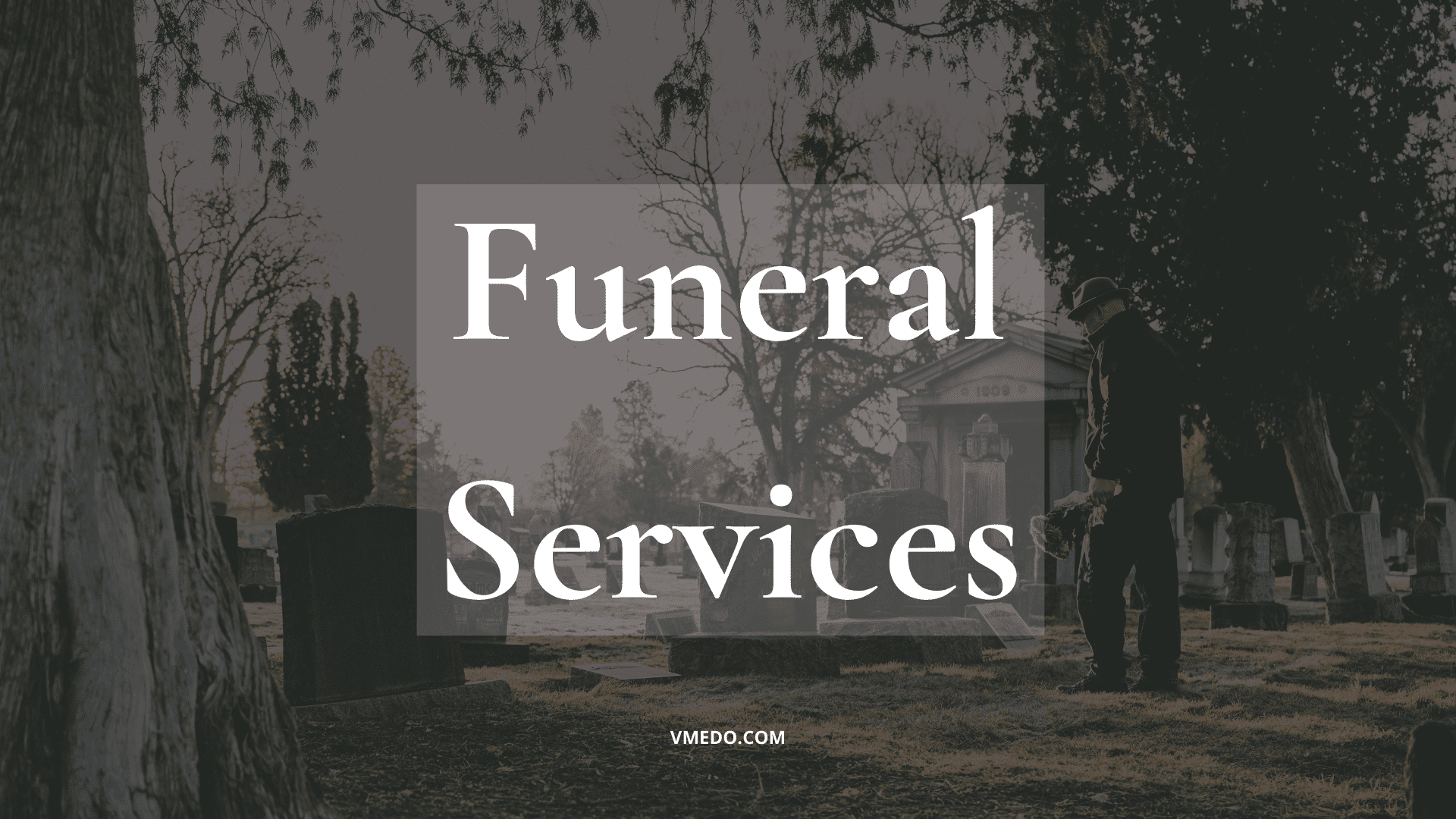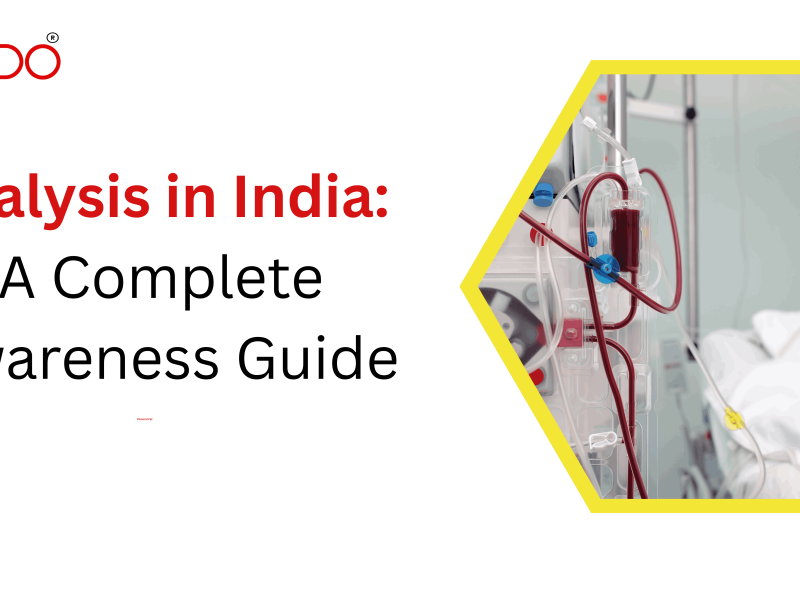What are Funeral Services?
Funeral services are arrangements and ceremonies conducted after a person’s death to honor their life and bid farewell in accordance with cultural and religious practices. They usually include:
-
Transportation of the body
-
Body preparation (embalming, dressing, etc.)
-
Provision of a hearse van
-
Arrangements for rituals and prayers
-
Cremation or burial services
-
Dead body freezer box on rent (if needed)
-
Documentation support for death certificates
-
Repatriation services for transporting the body interstate or internationally
In modern times, professional funeral service providers like VMEDO handle all these tasks with dignity, care, and respect.
Importance of Funeral Services
Funeral services are not just about performing rituals. They serve several purposes:
Providing closure: They help family and friends accept the reality of loss.
Honoring the departed soul: Rituals and prayers are a way to show respect.
Supporting grieving families: Funeral services allow families to focus on mourning while professionals handle the logistics.
Ensuring legal compliance: Professional services help with the required paperwork for transportation and cremation/burial.
Essential Funeral Services VMEDO Provides
At VMEDO, we strive to provide comprehensive funeral assistance so you can focus on what matters — remembering your loved one. Our services include:
24×7 Hearse Van Service: For safe and dignified transportation to the crematorium, burial ground, or home.
Dead Body Freezer Box on Rent: To preserve the body for longer durations, especially if family members are arriving from distant places.
Body Embalming and Preparation: Ensuring hygienic and respectful preservation.
Documentation Support: Assistance with death certificates, NOCs, and other legal formalities.
Funeral Ritual Arrangements: Coordinating priests, materials for rituals, and booking slots at crematoriums.
International Repatriation: Handling transportation, embalming, and paperwork for sending mortal remains abroad.
Emergency Assistance: Dedicated coordinators to manage all aspects during unexpected situations.
Why do we hold Funerals?
Accepting the Reality: Funerals help people to acknowledge the death of the near and dear ones and carry on their lives by accepting the reality and the world without them.
Helps you to recall: Encourages you to recall the unique memories and time spent with the deceased.
Funerals/Rituals unites us: It’s how we all value our common beliefs. Families, friends, church members, be it anyone.
Helps us to express our feelings: Since everyone’s presence there is for a common purpose and people there can easily understand and resonate what you’re feeling.
There’s a hierarchy chart that explains clearly why we hold funerals. Funerals even allow us to pay our final respects and say goodbye to the deceased.
Types of funeral services
- Immediate disposition: The family buries or cremates the deceased immediately after death, without any delay or keeping the body for an extended time.
- Delayed disposition: Families sometimes keep the deceased for a day or two for various reasons, which requires a freezer box, a hearse van, and other arrangements to transport the body with care.
- Pre-planned/paid funerals: These services are where they intimate the service providers in advance which helps the grieving relatives not to worry much about because service providers shall be on their side.
At VMEDO, we ensure that when you arrange a funeral — the last service you offer a loved one — everything happens exactly as you wish, with nothing going wrong in the process.
Know what the procedure for funeral shipping services in India is
Indian cities especially New Delhi, Mumbai, Bangalore, Chennai, and Kolkata have a large immigrant population from countries like United States of America, United Kingdom, Russia, Bangladesh, Sri Lanka, China, Malaysia, Canada, Australia, Germany, France & Japan many of which choose repatriation to their state/country of origin upon death.
How Much Do Funeral Services Cost in India?
Costs vary based on services, city, and specific rituals. On average:
-
Hearse van: ₹2,000 – ₹10,000 depending on distance.
-
Dead body freezer box rent: ₹2,000 – ₹4,000 per day.
-
Embalming: ₹5,000 – ₹15,000.
-
Funeral package: ₹10,000 – ₹50,000 for complete arrangements.
-
International repatriation: ₹1,00,000 – ₹3,00,000 depending on destination.
The requirements of funeral directors are as follows
- Name of the deceased.
- The current location of the body.
- Cause of death.
- Destination address.
- Your relationship to the deceased.
- Transporting Cremated Remains
- Crematory arrangements: Make sure the crematory arrangements are in place and read our blog on How to book your Cremation slot online in Bangalore
- Select funeral products:
Caskets – If you plan to bury the body, you choose a casket — available in various sizes and budgets — made of metal, wood, or fiberglass.
Urn – When families choose cremation, they use an urn to hold the ashes until they scatter themUrns are available in marble, wood or metals such as bronze or steel.
- Financial and Administrative arrangements: These arrangements include obtaining death certificate, claiming life insurances, dividing the assets of deceased and much more!
This checklist was inspired by Funeral wise.
Know These Things before Planning Funeral Services for Your Loved Ones
Here are a few questions that rise about Funeral services & arrangements:
- Whether body to be buried or cremated?
- Which type of vehicle to be used, whether a mortuary vehicle or hearse van?
- Will there be a casket, and if so, will it be open or closed?
- Where is the burial site/crematorium in the city?
- What are the religious traditions to be followed?
- If the death is happened outside their country, then how to transport the body to their origin country?
- What is the Dead body Transportation cost?
Here are a few tips to be followed when your loved one dies.
- When someone dies at a Nursing Home/Hospital: The hospital will issue the death certificate. While waiting for the Death certificate call mortuary ambulance Services to transport the dead body to their place. You can contact Funeral Service Provider to handle complete Funeral Services including arranging a mortuary vehicle, Freezer box, Coffin box, Washing Human Remains, casket, & other facilities on request.
- When someone dies in an accident/homicide: If the person is still breathing Call an immediate ambulance. Give emergency First Aid if you know. If the person is already dead, inform the police right away & call Mortuary Ambulance to move the body for post-mortem.
- When Someone Dies Abroad: When your loved one dies abroad or away from home, the bereavement can become worse. However, you can get help from an organization like VMEDO who gives you better assistance in such an emergency and help you with complete funeral arrangements. To get connected with VMEDO, a helpline number is 9343-18-0000.
Checklist to Transport the deceased domestically or to other countries
- Register the death
- Full name & surname of the deceased
- Date of birth
- Passport number
- When & where the passport was issued.
- Death certificate showing the cause of death.
- Government id proof
- Embalming Services
- Repatriation Services
The different types of documents needed for Repatriation services include
- Death Certificate.
- Embalming certificate.
- Post-mortem report.
- Certificate for packing of the coffin.
- Infectious/non-infectious disease certificate (issued by a Doctor)
- Certificate of contents issued by undertakers.
- Funeral arrangements
The choices to be made when making funeral arrangements include:
- Method of interment
- Should the deceased be buried or cremated?
- Will the body be donated to Medical College? Will organs be donated?
- Ceremonies
- What are the funeral traditions to be followed?
- Where will the ceremonies be held? At a funeral home? place of worship? graveside?
- Will there be a procession to the cemetery? Will the deceased be transported in a hearse or mortuary vehicle?
- Where to purchase Funeral products?
- To all the above confusions, the funeral director can assist & arrange on behalf of a family.
- Funeral products:
- Caskets: If the body to be buried, you need to choose a casket that is available in varied sizes and budgets that are made of metals, woods, and fiberglass.
- Urn: When cremation is the final choice, an urn is needed to hold the ashes until the scattering takes place. Urns are available in marble, wood, or metals such as bronze or steel.



